Ships’ emissions create measurable regional change in clouds

Years of cloud data over a shipping route shows that pollution from ships has significantly increased the reflectivity of the clouds. The results suggest that industrial pollution’s effect on clouds has masked about a third of the warming due to fossil fuel burning since the late 1800s.
Ocean species are shifting toward the Poles
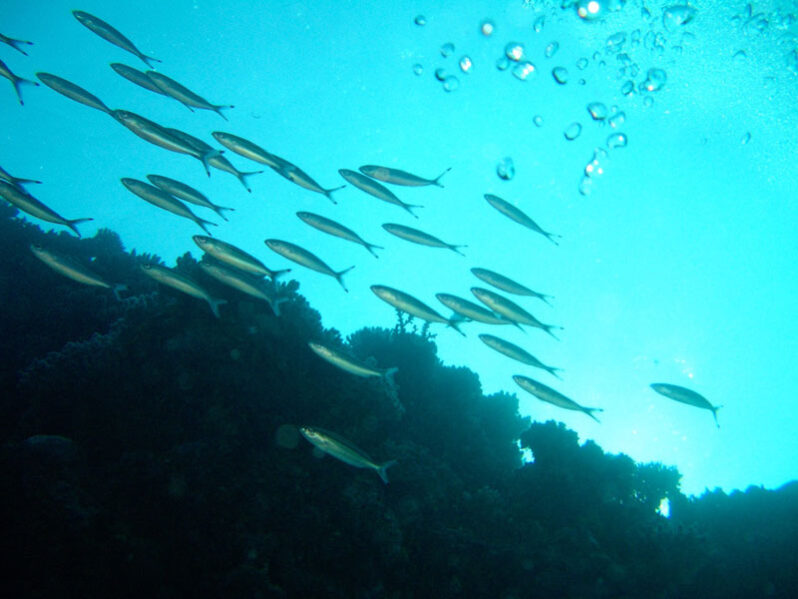
Concentrations of marine animal populations have been shifting away from the equator and toward the poles during the course of the past century, according to one of the most comprehensive analyses of marine species distributions to date.
Hidden source of carbon found at the Arctic coast
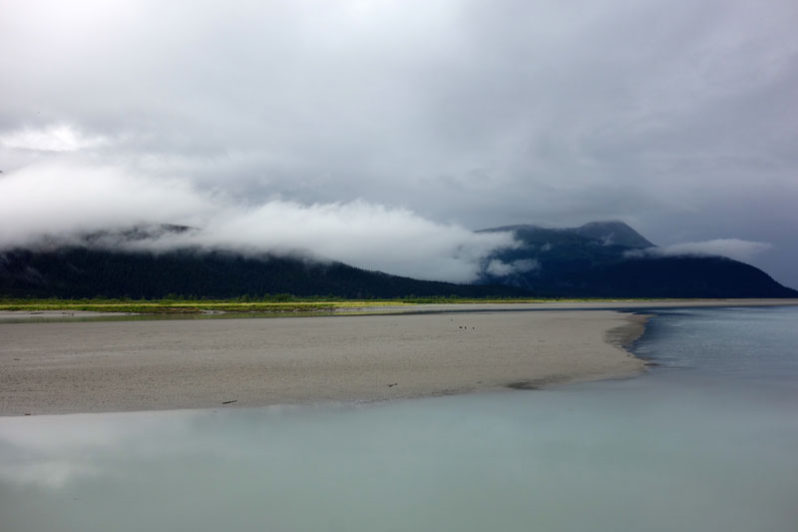
A previously unknown and significant source of carbon just discovered in the Arctic has scientists both marveling at a once overlooked contributor to local coastal ecosystems and concerned about what it may mean in an era of climate change.
East Antarctica’s Denman Glacier has retreated almost 3 miles over last 22 years
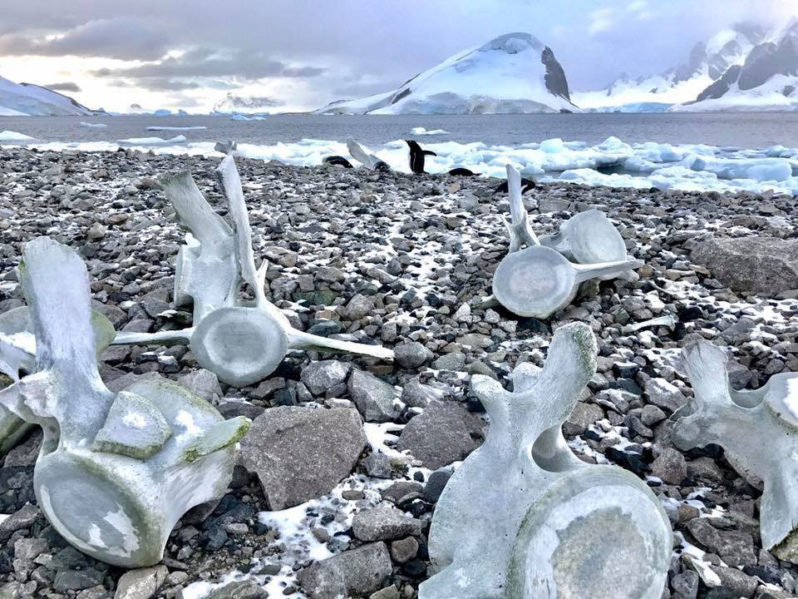
East Antarctica’s Denman Glacier has retreated 5 kilometers, nearly 3 miles, in the past 22 years, and researchers are concerned that the shape of the ground surface beneath the ice sheet could make it even more susceptible to climate-driven collapse.
Simple framework helps future ocean studies
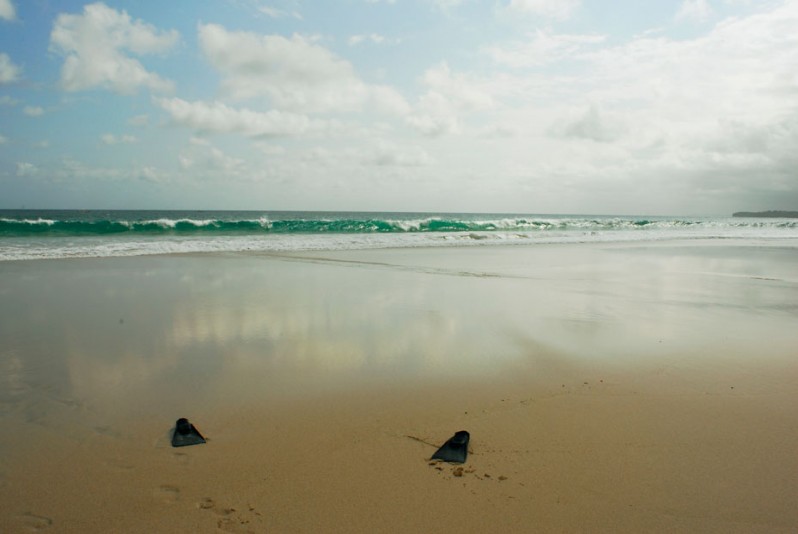
A range of information is collated through a simple framework that will help marine scientists to design more accurate experiments that will better help them understand the projected impact of global warming on marine life.
Beyond your doorstep: What you buy and where you live shapes land-use footprint
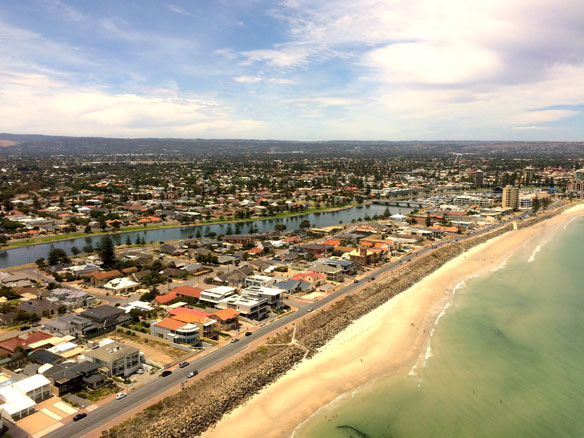
In recent years, the attention of scientists and environmentalists has turned toward how population growth and urban expansion are driving habitat loss and an associated decline in ecosystem productivity and biodiversity. But the space people directly occupy is only one part of the land-use puzzle, according to new research.
We’re taking coronavirus seriously. What if we did that with climate change?

There are a lot of parallels between the coronavirus and climate change. Both are existential threats that are directly affected by individual choices and actions but need coordinated, global action to slow them down. Both will hurt or kill the most vulnerable people.
Greenland’s melting ice raised global sea level by 2.2mm in two months
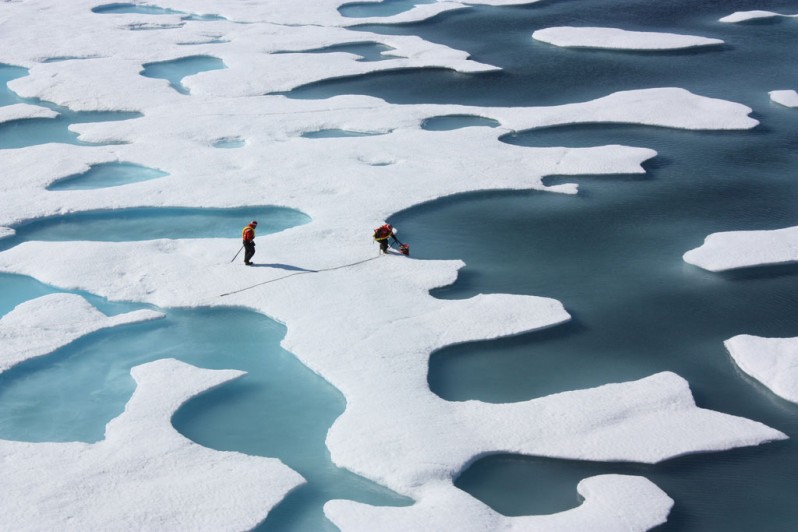
Analysis of satellite data reveals astounding loss of 600bn tons of ice last summer as Arctic experienced hottest year on record.
The Mediterranean nearly dried up. A cataclysmic flood revived it.
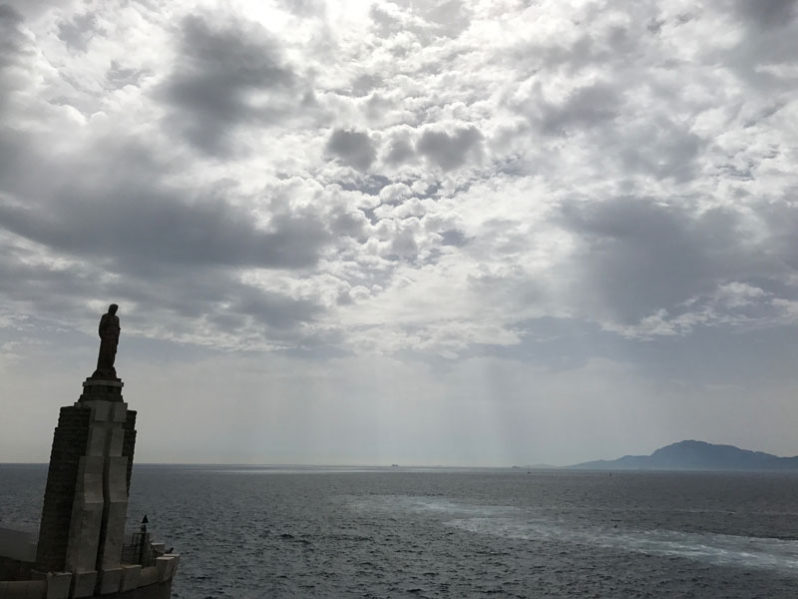
The serene turquoise waters of the Mediterranean Sea hide a sharp-tasting secret: a layer of salt up to two miles thick, lurking deep underneath the basin. Even after decades of study, the details surrounding the sea’s vanishing act and the torrents of water that refilled the basin remain an enduring mystery.
